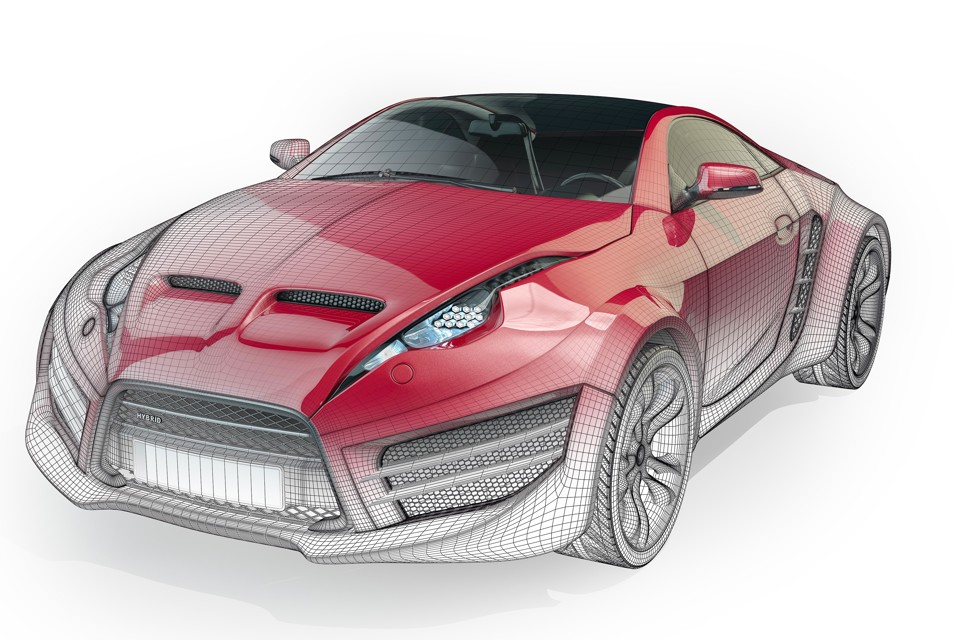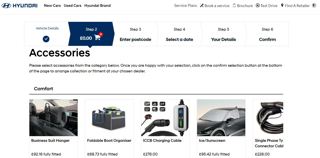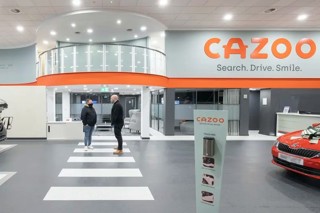That ‘buyers want to get their cars online’ seems like a certain bet as society continues to embrace e-commerce. Yet the challenge for carmakers and car dealers is there is no single customer profile. While a growing proportion of customers may look to digital channels for major motoring purchases, dealers are being forced to cover all the bases.
But technology will help there too. According to How To Win Tomorrow’s Car Buyers, a report by McKinsey & Co, manufacturers and their retailers will increase their use of artificial intelligence (AI) or automated systems in vehicle sales and marketing.
“AI’s marketing and sales value comes from improved customer experience, higher sales and lower costs,” said the report.
McKinsey said connecting sales to previously used marketing data sets can drive consistency and efficiencies for dealers, such as programmatic advertising which displays individualised promotions based on customers’ characteristics, automating lead management activities or predicting products most likely to be up-sold or cross-sold to customers.
Doing so could give a crucial advantage to carmakers and their franchised networks over start-up digital competitors which may develop faster but lack that historic data, the report said.
An ability to use data and digital technology better to suit the customer will bring benefits to all parties. For example, while many dealers use social media to get their brand out there and engage with the broader public, the latest research by Deloitte, in its automotive consumer study, has found UK consumers are ignoring social media when searching for their next car.
While the study found car buyers typically begin researching a car purchase a maximum of three months out, and only half use third-party retail websites such as eBay Motors and Auto Trader, just one in 10 of the 857 UK car buyers studied said social media significantly affected their decision.
In contrast, Deloitte found 60% of consumers visited their selling dealer more than once, and one in two viewed salespeople and printed brochures as the most useful in providing information – more so even than websites.
The challenge for motor retailers is in understanding whether it is their social media resources or their in-showroom experience that warrants more investment.
“Interaction with a real person ranked as the most important buying aspect, with over half acquiring their current vehicle from the dealership they visited,” stated Deloitte. “Customer experience is not dead.”
Technology must streamline the process, however. Consumers do want minimal paperwork and the security of knowing the purchase price prior to visiting the showroom. Those were important aspects for two in three buyers, according to Deloitte, in contrast to some dealers’ investments in fun-related technology, such as virtual reality, which was rated important by only 6%.
Browsing remains important, however. Another study, by Sophus3, found traffic to car brand websites in Europe held steady year-on-year, with 1.3 billion visits, but half of users visit just one page before going elsewhere.
“Car buyers are still hugely interested in new cars, but if they find it difficult, confusing or frustrating to find what they want online they will go elsewhere,” said Scott Gairns, the managing director of Sophus3.
According to BigCommerce, a US-based retail research group, the consumer’s expectations of great experience means companies will increase their hiring of older workers for the offline experience, while millennials, who it says lack the direct interpersonal skills of older generations, will continue to dominate their e-commerce and digital marketing operations.
>> Read more AM stories about e-commerce in motor retail





















Login to comment
Comments
No comments have been made yet.